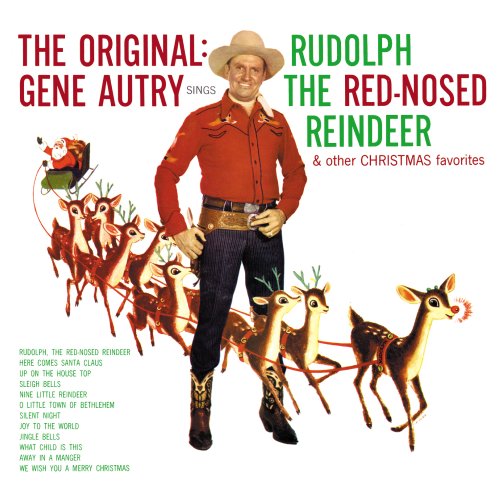Since then, I've been privileged to have several people beta read two manuscripts of mine. I've also beta read a handful of manuscripts for others.
(When I say "beta," I mean "The reader who has the manuscript I think is ready for querying & sending out to industry pros." I consider a manuscript ready for a beta reader when I've been over it with a fine-toothed comb, love it in its current condition, and am too close to the forest of its words to see the trees that may need trimming.)
Some beta readers are airy-fairy, pat-you-on-the-back types. They're great for the writer's ego, but do little to improve the work. Others are overly critical. Their comments make both writer and work feel like this phone book:
I asked writers on Twitter what they found most useful in a beta reader.
@BJMuntain summed it up best: I'd want to know if they enjoyed it, if they felt bored or 'taken out' of the story anywhere. [I'd also want to know] If anything didn't seem to fit properly or if a plot question was not resolved in a satisfactory manner, [and] how they felt when they finished.
That's it in a nutshell. I agree 100%. For instance, I ask my beta readers such questions as:
 * Did you like the book? If so, what worked for you? If not, at what point did the story lose you & never regain your interest?
* Did you like the book? If so, what worked for you? If not, at what point did the story lose you & never regain your interest?* Was there anything you expected that was missing?
* Was there anything included that you thought was out of place?
* What could be done to make each of the main characters more interesting / compelling / memorable?
* In your opinion, is the story worth rewriting, editing & pursuing, or does it need more work than it's worth?
* What was your favorite scene or scenes?
* What was your least favorite scene or scenes?
* If you had bought the book or e-book, would you feel cheated? Would you loan / recommend it to a friend? Why or why not?
Many of my cherished betas have actually responded and provided insightful answers to these and other questions.
I realize, however, that answering questions with regards to what they've read resembles an essay test too much for some people's comfort. Which is why without further ado, I present the Beta Reader's Cheat Sheet.
Simply print out and circle the most appropriate response the next time a writer pursuing publication asks for your opinion:
-------------------------------CUT HERE---------------------------
Beta Reader's Cheat Sheet
* The author this book most reminds me of is:
A. John Grisham
B. Stephen King
C. Beverly Cleary
D. Jodi Picoult
E. Dr. Seuss
F. Stephanie Meyer
G. AT&T
* This book would be better if it had more: (circle all that apply)
A. Sex
B. Death
C. Zombies
D. Vampires
E. Ghosts
F. Mermaids
G. Talking Dust Bunnies
* This book would be better if it had less: (circle all that apply)
A. Sex
B. Death
C. Zombies
D. Vampires
E. Ghosts
F. Mermaids
G. Sandwiches
* The primary male character should be more like: (circle all that apply)
A. Harry Potter
B. Sherlock Holmes
C. Frodo Baggins
D. Darth Vader
E. Edward Cullen
F. Huck Finn
G. Jay Gatsby
* The primary female character should be more like: (circle all that apply)
A. Lady Chatterley
B. Fanny Price
C. Junie B. Jones
D. Hermione Granger
E. Mrs. Tiggywinkle
F. Eliza Doolittle
G. Cruella DeVille
* Reading this was the entertainment equivalent of:
A. Winning the lottery
B. Oral surgery
C. A hands-on TSA search
D. Recreationally ingesting prescription pharmaceuticals
E. Eating dust-bunny sandwiches
F. Defending myself in traffic court
G. Listening to paint dry
-------------------------------CUT HERE---------------------------









